Charleston: eclipse nirvana, or eclipse apocalypse?
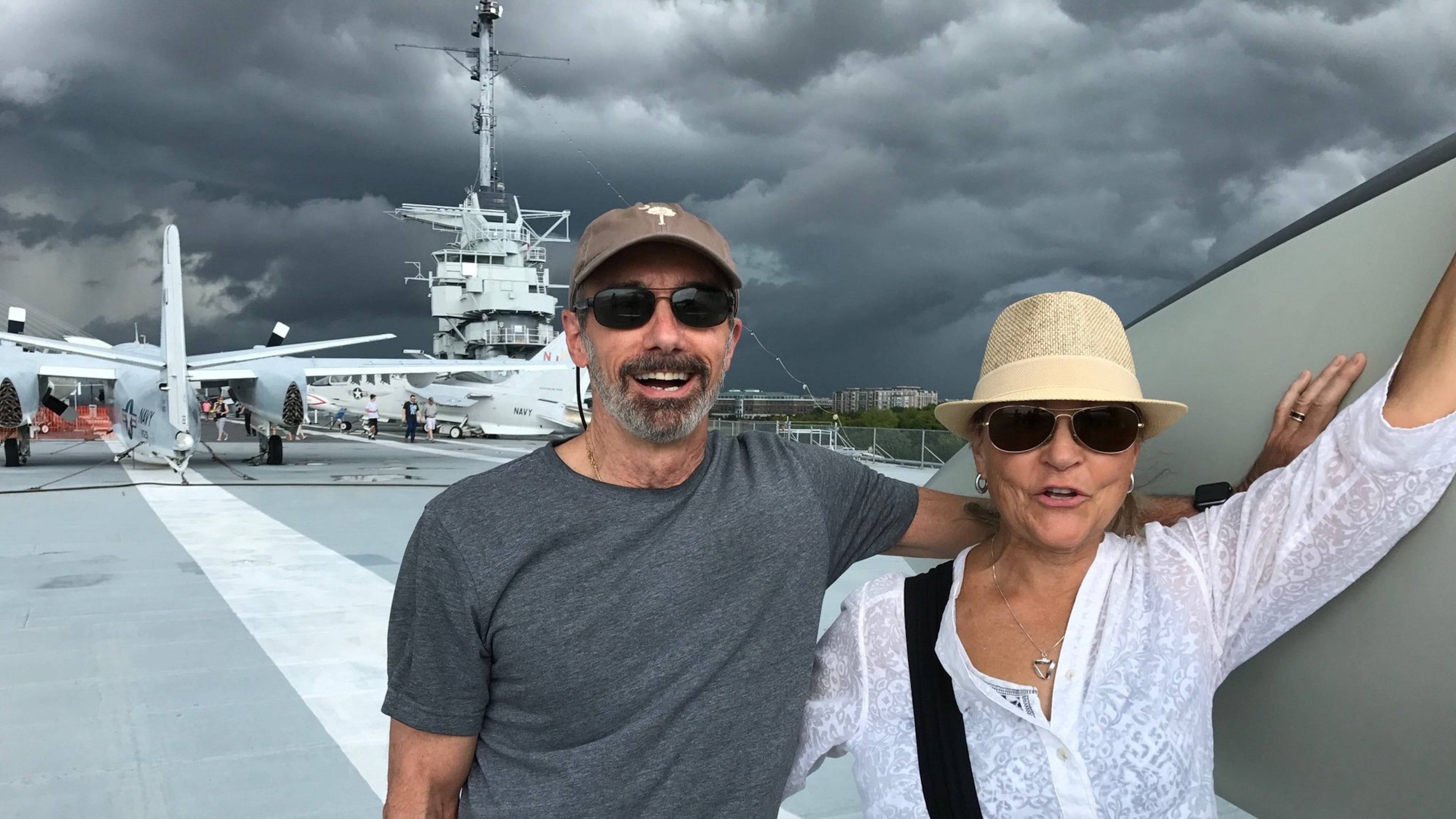
You've heard about some of the problems facing eclipse chasers as they flock to the path of totality across the United States.
Massive traffic jams, eye damage, etc.
Charleston, the Holy City by the sea and perhaps the coolest town in the path of the shadow, presents a few additional concerns.
We’ll get to those in a minute. But first, why would it be a great idea to visit Charleston, S.C., during the Great American Eclipse on Monday, Aug. 21?
One: It's Charleston. A paradise for foodies, beach lovers and history buffs, Charleston repeatedly ranks at the top in best places to visit. (Travel + Leisure said it was second among the world's top 15 city destinations.) And after astronomical events, a bowl of she-crab soup is always delicious.
Two: NASA has decided to anchor its livestream coverage of the eclipse in Charleston, and is hosting eclipse-viewing events around the metro area. One will be on the main deck of the aircraft carrier the USS Yorktown, a unique military museum permanently anchored in the Cooper River. Remaining tickets are available only on the day of the event at the venue.
There will be more national experts on astronomy in Charleston than you can shake a stick at.
Three: Charleston and its barrier islands will be the last place in the United States to see the sun go dark. If you’re out on the beach during that celestial alignment, watching the night descend in an instant, you may get a double dose of the infinite.
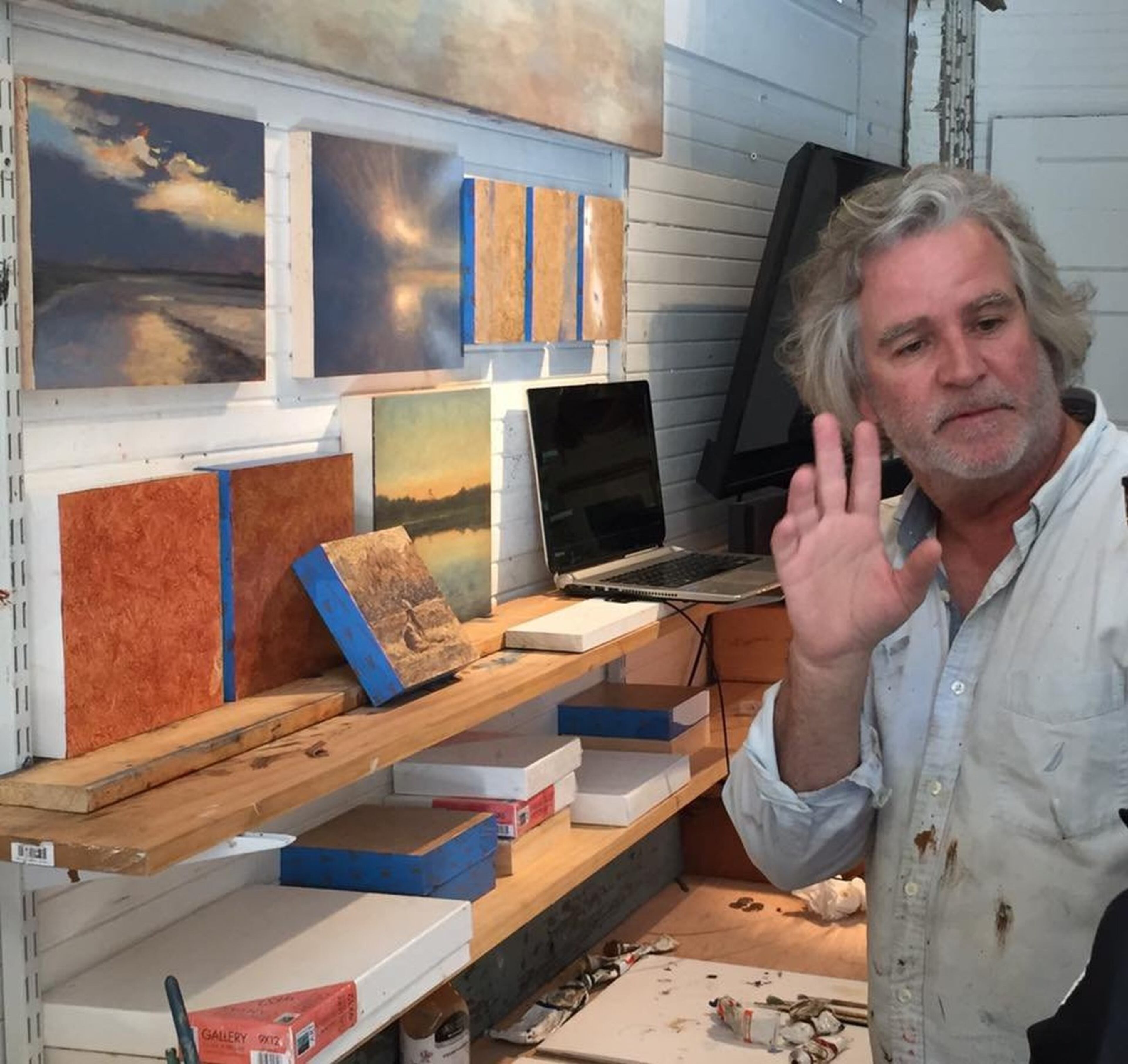
“There’s something primal about seeing an eclipse out here,” said Sullivan’s Island resident Mickey Williams, a sought-after landscape painter, sitting in his canvas-cluttered studio by the beach. “These are the most majestic skies that nature can throw at us.”
Now the downside: Among the 14 states in the path of the shadow, South Carolina has heaviest population of neighbors, 94 million, according to one website.
That same site, GreatAmericanEclipse.com, estimated there would be 2 million visitors to South Carolina at the high end. Getting to the state's prime destination won't be easy. Charleston is on a peninsula, hemmed in by the Ashley and Cooper rivers. It is small, walkable and densely packed. People who drive in looking for a parking place on Monday, Aug. 21, may be waved back onto I-26.
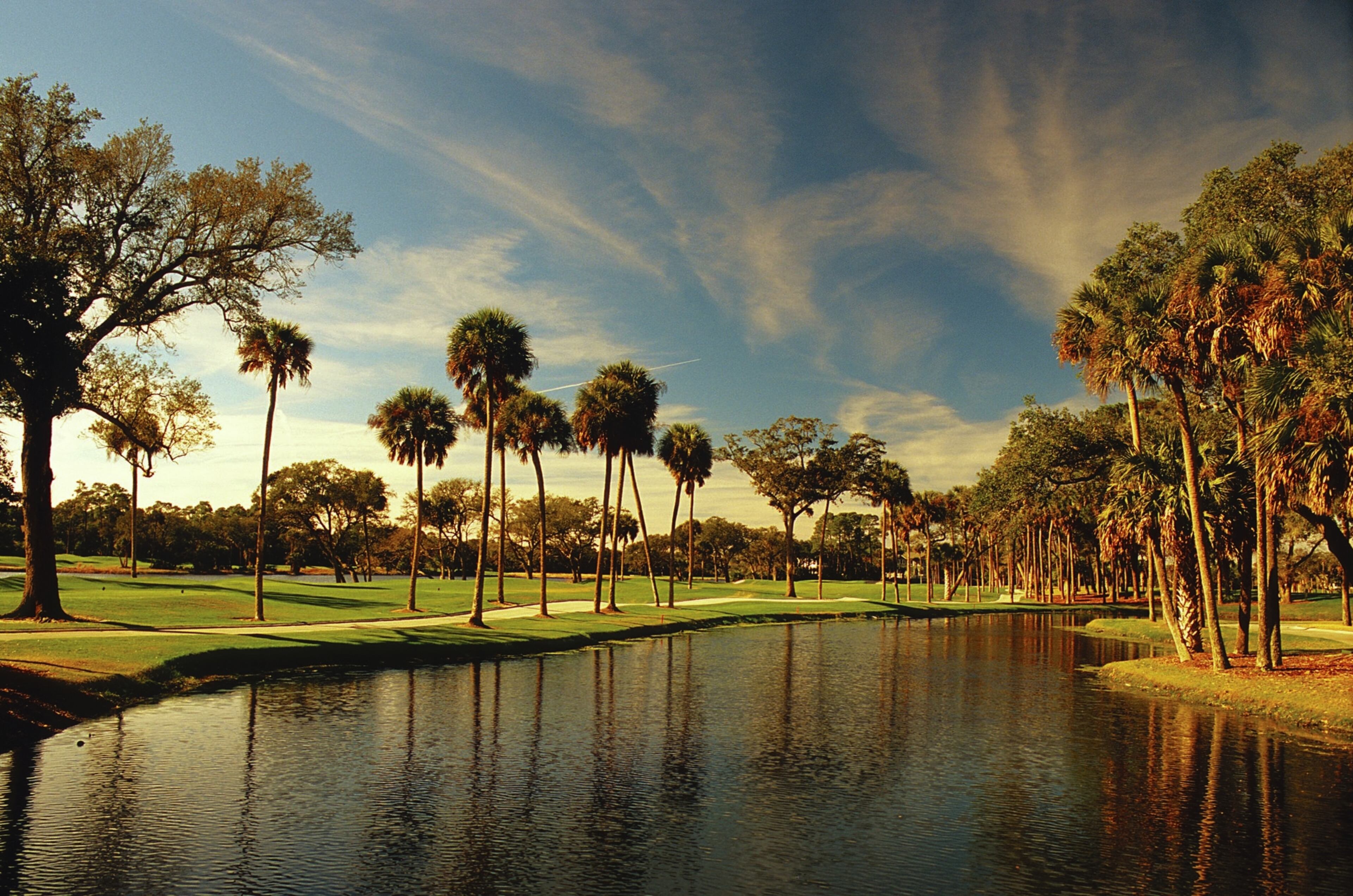
“I’m not using words like ‘gridlock’ and ‘apocalypse,’” Mark Wilbert, director of emergency management for the city, said at his downtown office. “Those words are out there, but they are not coming out of my mouth.”
Those discouraging words to the contrary, Wilbert was sunny about the city’s ability to accommodate the rush. A committee of public safety officials from the city, county, state and federal governments has been meeting for two months, hammering out plans for that day, he said.
They’ve taken into account ambulance response times, evacuation routes and other foreseeables. Hundreds of city employees will be on duty in Charleston’s many public parks, and at eclipse events around the area. “We want our citizens and visitors to have a once-in-a-lifetime event,” he said.
Charleston has been promoting that event, with eclipse packages such as the Yoga+Eclipse+Bubbles offered by Redux Yoga (yoga and Champagne during the event) and "A Day of Science and Baseball" at the RiverDogs minor league stadium.
There are five NASA events scheduled around town, and 17 more arranged by the College of Charleston, which will observe the eclipse on a grand scale.
"There are literally hundreds of events," said Doug Warner, with theCharleston Convention and Visitors Bureau. Hotels are at between 97 percent and 100 percent occupancy on the Sunday before the eclipse, and rumors are that 9,000 Airbnb rooms have been rented.
“Most people will be on the beach,” said Jeff Hunter, operations director for Poe’s Tavern, as customers in T-shirts, cutoffs and halter tops lined up outside the rustic front porch of the Sullivan’s Island eating spot. “It’s just a cool place to be.”
Hunter is prepared for the crowds. He's purchased 200 pairs of eclipse-viewing glasses for each store (there are three, on Sullivan's, Atlantic Beach, Fla., and Wrightsville Beach, N.C.), and he says his staff knows how to navigate bad traffic. Sullivan's Island has considerably more activity than when Edgar Allan Poe lived there and wrote about it in "The Gold Bug."
Just come early, said Ben Abzug, assistant general manager of the Charleston RiverDogs minor league baseball team. The 5,500-seat Joseph P. Riley Park will host an eclipse-watching gathering in the first half of the day, and a baseball game in the second, for the price of a ticket. (Box office: 843-577-3647.)
Abzug showed off the new air-conditioned VIP suites (where tickets are $105) with views of the Ashley River and The Citadel military college. Is he worried about cloudy weather? “I will be way more thankful if we have a 6,000-person crowd, and everybody is having a good time, than if I see two minutes of totality,” Abzug said.
But weather is another problematic feature in Charleston. Moist, cooler ocean air drops rain when it reaches the warm city, providing an average annual rainfall of 50 inches — 41 percent of that in the summer. “Look at historic weather patterns,” Warner said. “We got a 50/50 chance of being cloudy.”
There is also the “king tide” expected that day, the highest of the cycle, at 6.7 feet. If there is rain, or an onshore breeze, and the tide crests at 7 feet, roads will flood, making travel not just bad but impossible.
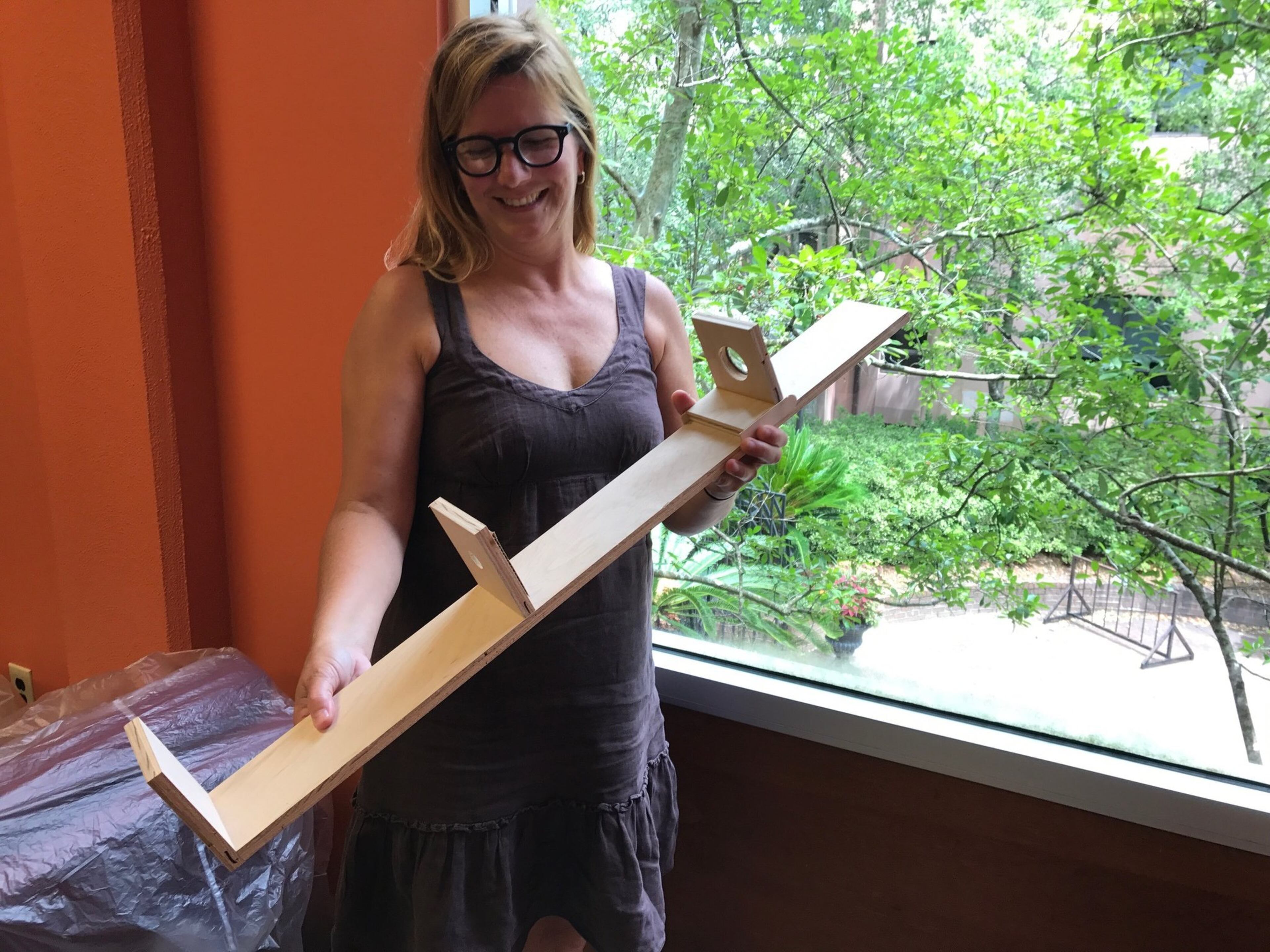
It had rained twice and stopped twice by the time we arrived at the palmetto-shaded College of Charleston campus to speak to Laura Penny and Jon Hakkila, professors of physics and astronomy. The school will deploy 12 astronomers, plus other faculty, at the events they’re hosting. “This is the biggest outreach we will ever do,” Penny said. “The next one that comes through is in 2052.”
During the 1 minute, 30 seconds of totality, from 2:46 to 2:47 p.m., perhaps some new astronomers will be born. That’s what happened to Hakkila when, in 1973, his parents took him on a cruise to see an eclipse off the coast of Africa.
The school has purchased a sizable supply of eclipse-watching glasses, and is promoting a message of safe viewing.
Safety will be a paramount concern aboard the USS Yorktown, where 2,500 guests will gather on the galvanized deck to watch the skies. It will probably be between 90 and 100 degrees that day. (“You could fry an egg up there today,” said Mac Burdette, executive director of the unique museum. Limited tickets are available day of the event: 843-884-2727.)
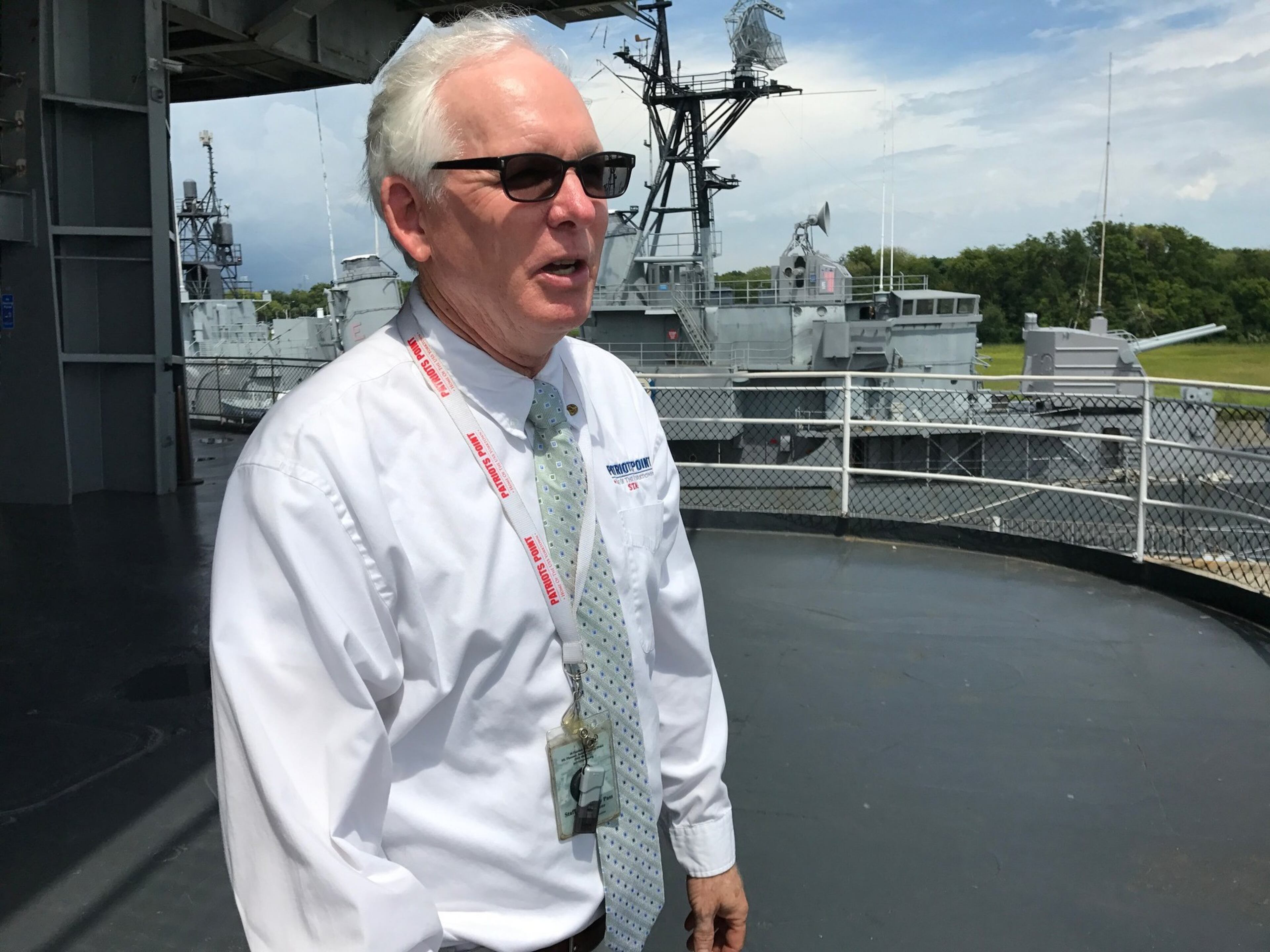
In the unlikely event of a fire, or the more likely possibility of lightning, guides must be ready to usher visitors off the deck through 10 exits. But the view will be worth it. “There’s probably no other place that 3,000 people can get an unobstructed view from that height,” said spokesman Keith Grybowski, ducking under a fighter jet parked near the Yorktown’s bridge.
Larry and Nancy Feinberg, who live just on the other side of the Ravenel Bridge, brought some friends from Germany to see the massive ship. Traffic won’t bother them, they said, as dramatic skies glowered. “The good news is we live just over there,” Larry said, “so we can walk here if we need to.”
ABOUT THE ECLIPSE
- The eclipse reaches the western edge of the continent near Lincoln City, Ore., on Monday, Aug. 21, beginning at 9:04 a.m. Pacific Daylight Time, and reaching totality at 10:15 a.m. PDT. The edge of the shadow of the moon blocking the sun sweeps across the continental United States at 2,000 miles an hour, reaching Georgia at about 1:02 p.m. and Charleston at 1:17 p.m.
- Totality in Charleston occurs around 2:46 p.m. and will last about 1 minute and 30 seconds. If the sky is clear, then the corona of the sun will be visible, the pale white halo that extends millions of miles into space.
- Eclipse watchers must wear certified glasses. Gazing at the sun during the partial phase without eye protection will cause eye damage. Only during totality is it safe to look at the sun unaided.


